Covid vaccine hopes lift IMF's global growth forecast
- Published
- comments
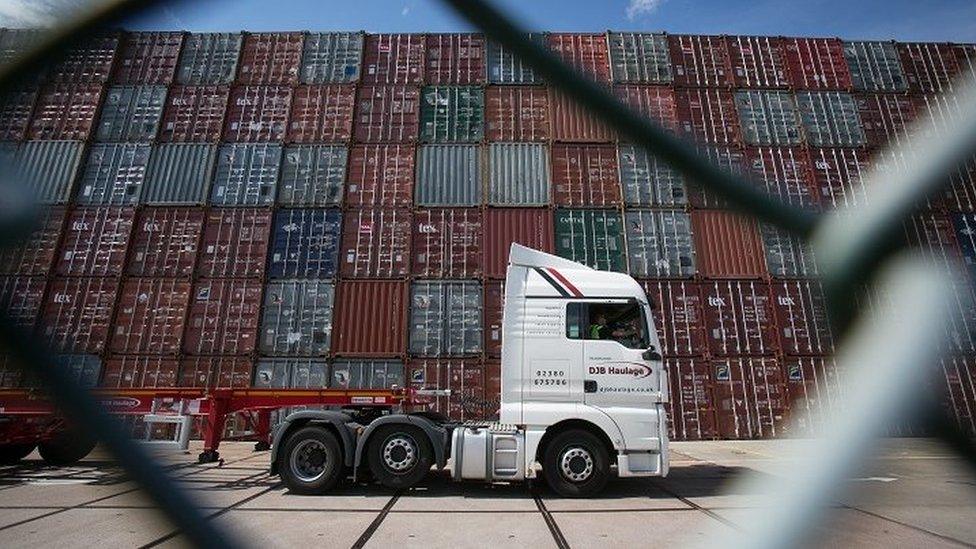
Hopes of a "vaccine-powered" pick-up in activity later this year have led the International Monetary Fund (IMF) to upgrade its forecast for global economic growth in 2021.
The IMF's new global forecast is for growth of 5.5% this year and 4.2% in 2022.
For the UK, the growth forecast for this year has been lowered to 4.5%.
However, the IMF now thinks the UK's contraction last year was not as deep as it had previously estimated.
That said, the estimated 10% contraction in the UK was still, according to these IMF figures, the largest of the G7 group of leading rich economies.
The global upgrade reflects - in addition to vaccine developments - government spending measures announced towards the end of last year, especially in the United States and Japan.
Both are given significant upgrades in the new forecast.
Those two economies are predicted to get back to pre-pandemic - that is at the end of 2019 - levels of activity later this year.
By contrast, the IMF says activity in Britain and the euro area is likely to remain below pre-pandemic levels into 2022.
"The wide divergence reflects to an important extent differences across countries in behavioural and public health responses to infections, flexibility and adaptability of economic activity to low mobility, pre-existing trends, and structural rigidities entering the crisis," the IMF said.
The IMF also expects diverging performance among developing countries. China's containment of the virus and public investment have helped produce a strong recovery. China managed to avoid an economic contraction last year, though its growth rate was sharply down from previous years.
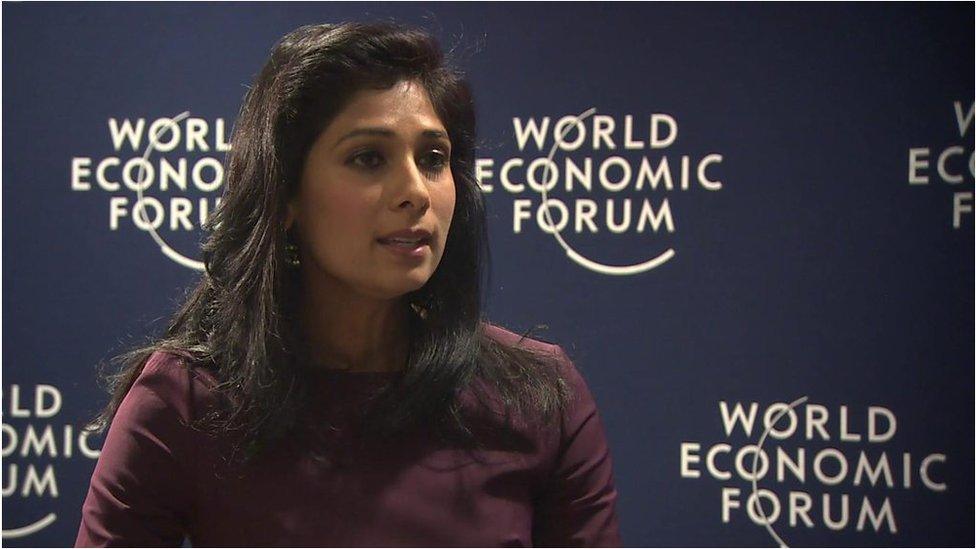
IMF chief economist Gita Gopinath says the gap between rich and poorer nations is likely to widen.
There is also a large upward revision to this year's forecast for India. That reflects a stronger than expected bounce back after lockdown measures were eased.
But it will be harder for developing economies that rely on tourism or selling oil. Demand for both has been hit very hard by the pandemic and is likely to return to normal slowly.
Rich countries are for the most part expected to recover more quickly than developing nations. That reflects their quicker access to vaccines and the fact they have been able to provide what the IMF's chief economist Gita Gopinath calls more expansive support.
"With advanced economies generally expected to recover faster, progress made towards convergence over the last decade is at risk of reversing," Ms Gopinath says.
In spite of the good news on vaccine developments, the report notes lingering concerns - the surge in infections in late 2020 in some countries (including the UK), renewed lockdowns and logistical issues with the distribution of vaccines.
The report says aggressive policies from governments and central banks have helped prevent worse outcomes. It says these measures should remain until vaccines support the start of a return to normal.
- Published24 January 2021
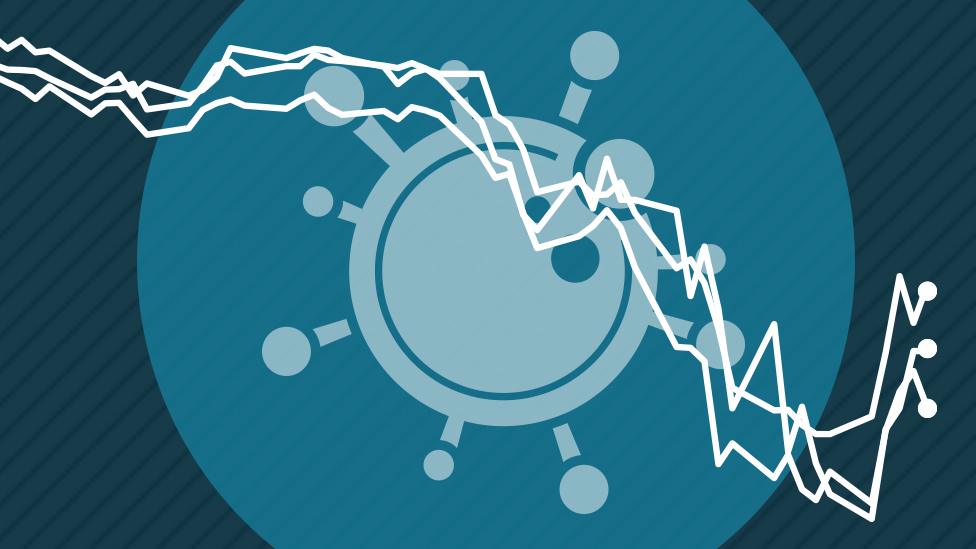
- Published18 January 2021
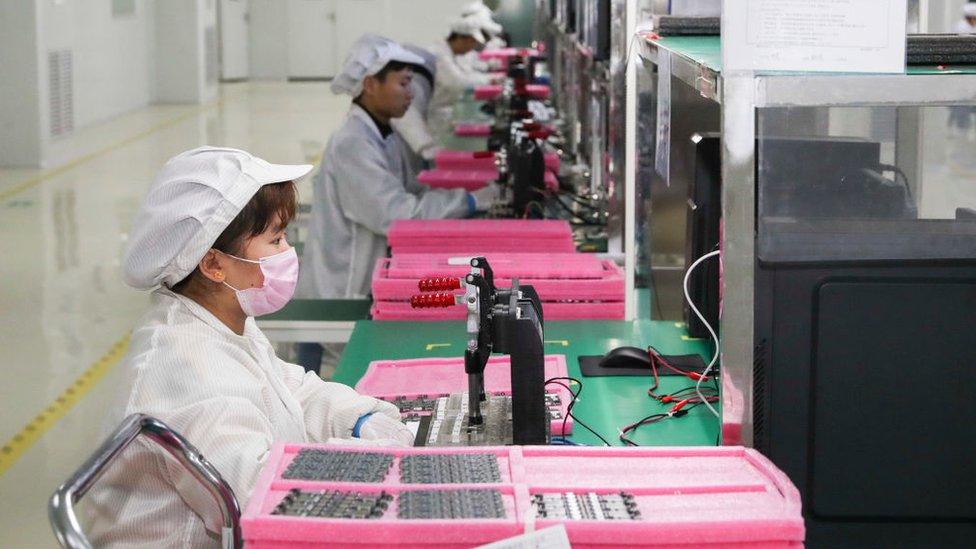
- Published15 January 2021
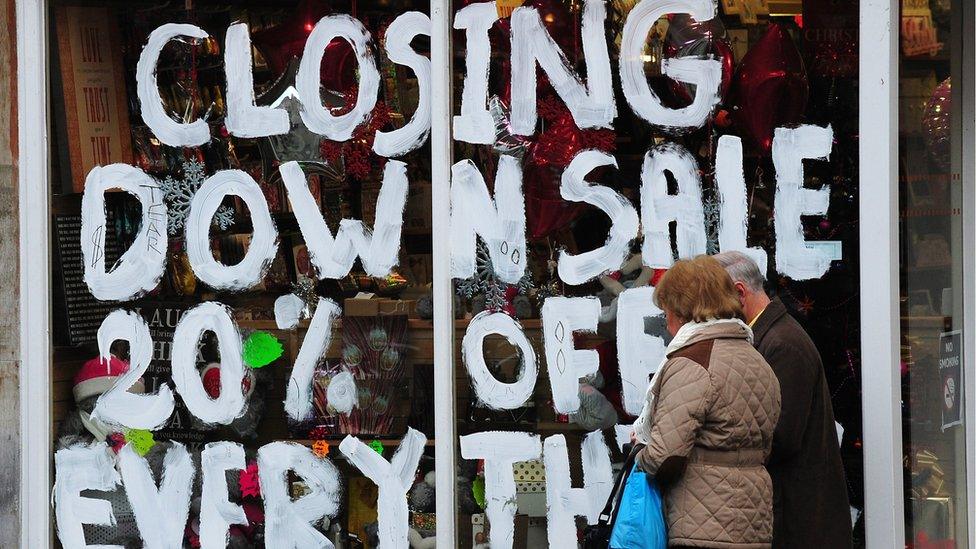
- Published14 January 2021
